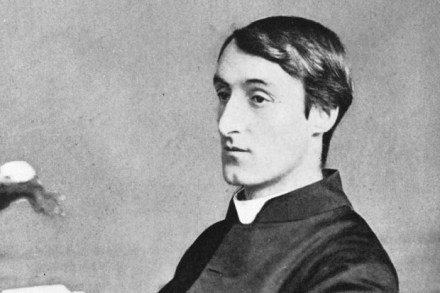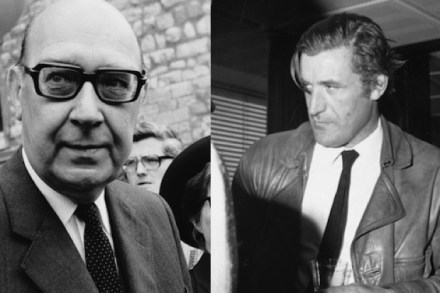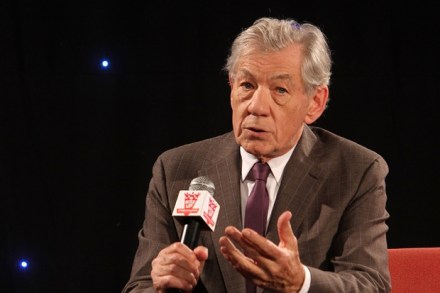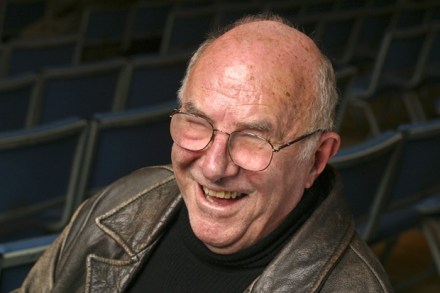Burrowed wisdom
Being a Beast is an impassioned and proselytising work of philosophy based on a spectacular approach to nature writing. That genre has given us riches on the language of landscape, the redemptive power of goshawks and the lives of fields, rooks, butterflies et al. We are wealthier for the movement, but in none of many beautiful books will you find a passage like this, from a writer in a wood at dusk thinking about badgers. It would be pointless to reel off the adjectives and metaphors I used to describe to myself the scent of shepherd’s purse on the pillow or dog’s mercury in the wood. That might say something




















